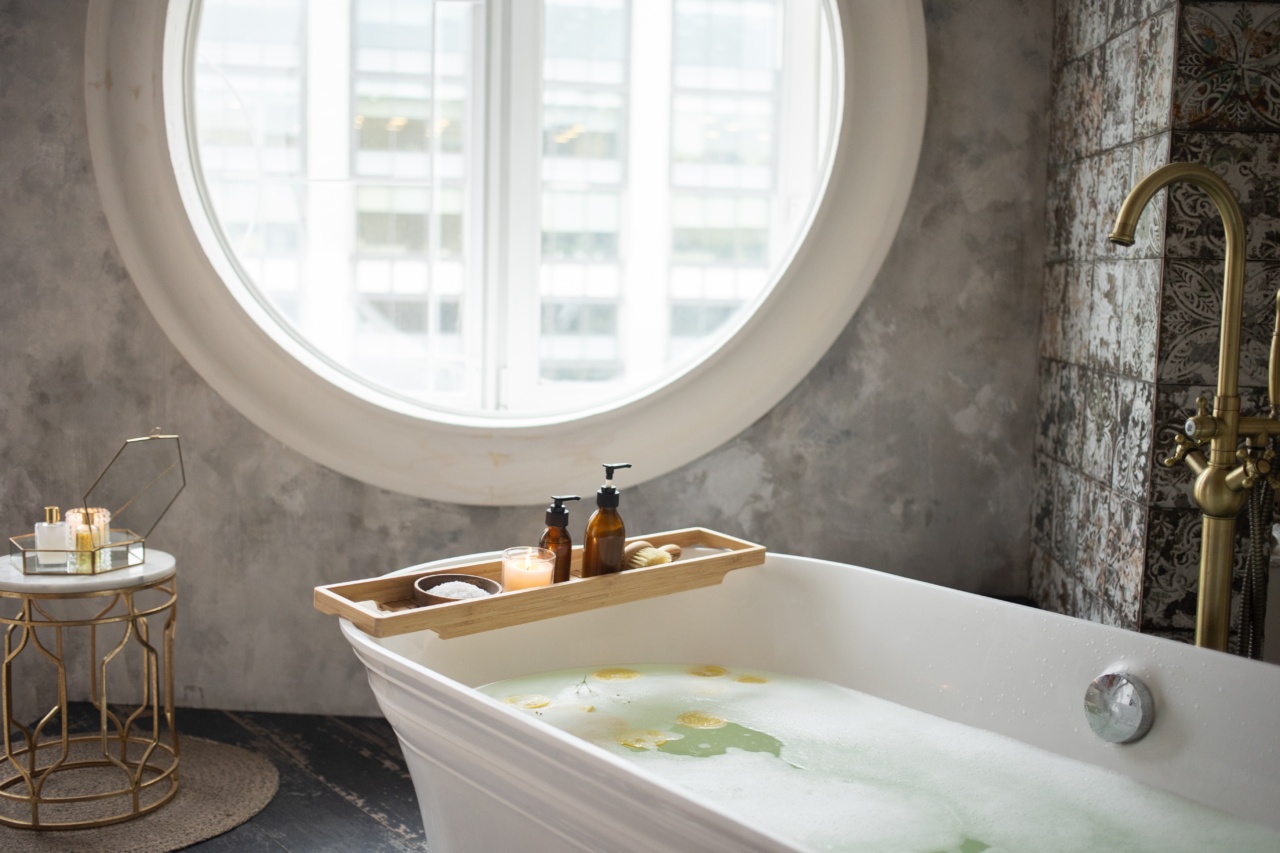Sleep apnea is a condition that affects millions of people globally. It is a sleep disorder in which the breathing of a person stops and starts repeatedly.
There are different types of sleep apnea, but the most common is Obstructive sleep apnea (OSA), which occurs when the throat muscles relax, making it difficult for the airway to remain open. Common symptoms of sleep apnea are loud snoring, gasping for air during sleep, excessive daytime sleepiness, waking up with dry mouth or sore throat, and morning headache.
The Role of Salt in Sleep Apnea
Salt or sodium plays an essential role in the body. It helps regulate the body’s fluid balance, nerve function, muscle contraction, and blood pressure. However, excessive intake of salt can lead to various health issues, including sleep apnea.
Research suggests that a high-salt diet can cause fluid retention and swelling in the airway, leading to breathing difficulties during sleep. Hence, reducing salt intake in the diet can be an effective way to manage sleep apnea and improve overall health.
How to Reduce Salt Intake
To reduce salt intake, one can follow these tips:.
- Avoid processed and packaged foods that contain high salt
- Use herbs and spices to flavor foods instead of salt
- Choose fresh fruits and vegetables as they are naturally low in salt
- Read food labels carefully to check sodium content
- Avoid adding salt to food while cooking or at the table
Nighttime Restrictions for Sleep Apnea Treatment
Reducing salt intake is just one step in managing sleep apnea. There are different treatments available for sleep apnea, depending on the severity of the condition.
One of the most common treatments is Continuous Positive Airway Pressure (CPAP) therapy, which involves wearing a mask over the nose and mouth during sleep. The mask delivers air pressure to keep the airway open, preventing apnea episodes.
Another way to manage sleep apnea is through nighttime restrictions, which involves avoiding certain activities and products that can worsen the condition. Here are some nighttime restrictions that can help improve sleep apnea:.
Avoid Alcohol Consumption
Drinking alcohol before bedtime can relax the throat muscles, leading to breathing difficulties during sleep. Hence, it is advisable to avoid alcohol consumption or limit it to one drink per day.
Avoid Sedatives and Sleeping Pills
Sedatives and sleeping pills can also relax the throat muscles, leading to breathing difficulties during sleep. Hence, it is advisable to avoid or limit their use. Talk to your doctor if you need medication for sleep.
Avoid Smoking
Smoking can cause inflammation and swelling in the airway, leading to breathing difficulties during sleep. Hence, it is advisable to quit smoking to improve sleep apnea and overall health.
Avoid Eating Heavy Meals Before Bedtime
Eating a heavy meal before bedtime can cause acid reflux, which can worsen sleep apnea symptoms. Hence, it is advisable to avoid heavy meals, especially those high in fat and salt, before bedtime. Instead, opt for a light snack if needed.
Use a Sleep Apnea Pillow
A sleep apnea pillow is designed to keep the airway open during sleep by properly aligning the neck and head. This can reduce snoring and the frequency of apnea episodes.
Talk to your doctor or a sleep specialist to find the right sleep apnea pillow for your needs.
Practice Good Sleep Habits
Practicing good sleep habits can also improve sleep apnea. Here are some tips:.
- Avoid caffeine and heavy meals close to bedtime
- Create a comfortable sleep environment
- Stick to a regular sleep schedule
- Avoid electronics before bedtime
- Exercise regularly
Conclusion
Sleep apnea can be a challenging condition to manage, but lifestyle changes such as reducing salt intake and following nighttime restrictions can help.
If you suspect you have sleep apnea, talk to your doctor who may recommend a sleep study to diagnose the condition and suggest appropriate treatment options.






























